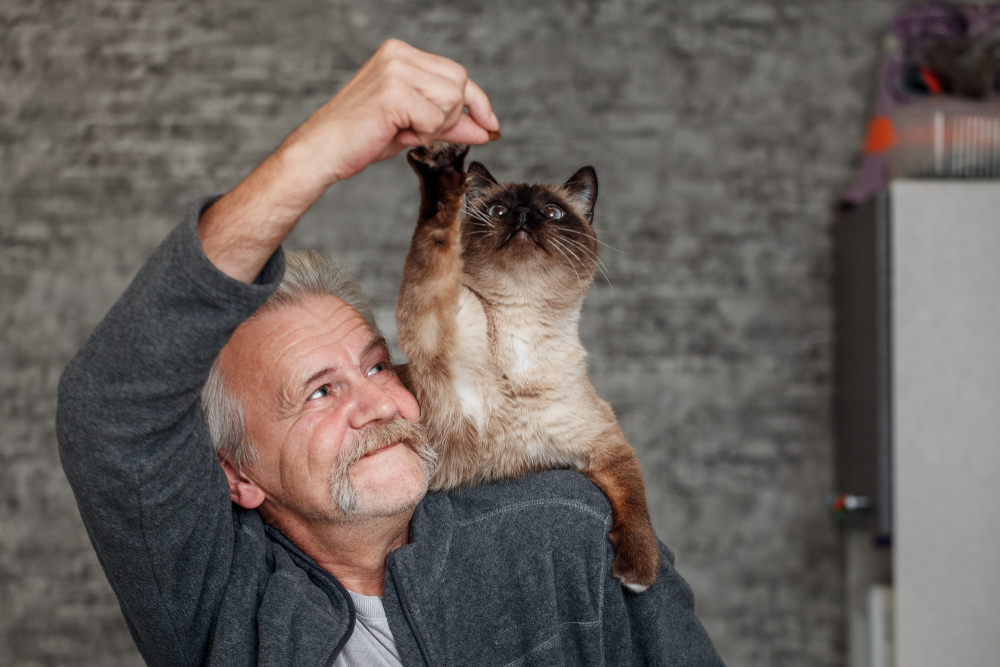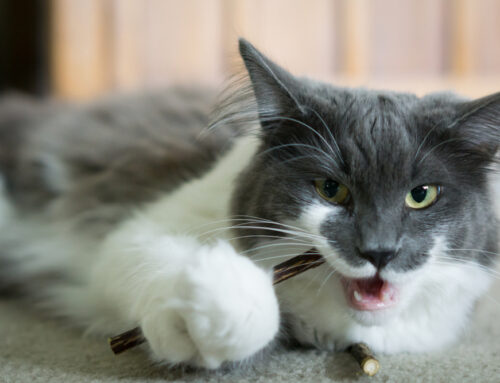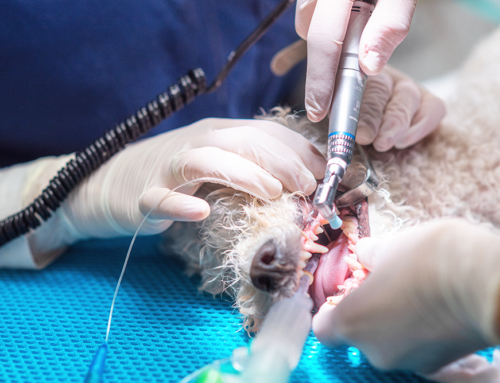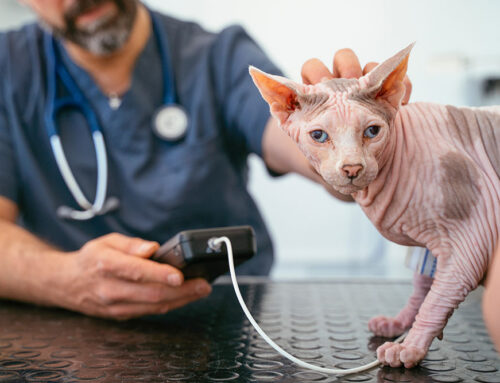Your aging pet is at higher risk for developing age-related issues, such as arthritis, cognitive dysfunction, diabetes, and cancer. They require more care and attention as they enter their golden years to help manage, and possibly prevent, these problems. Our team at Willow Wood Animal Hospital wants to help, so we offer steps you can take to ensure your senior pet’s needs are met.
#1: Ensure your senior pet receives wellness exams twice a year
Most age-related issues are easier to treat and manage when they are diagnosed early. Therefore, more frequent wellness checks help our veterinary professionals catch conditions, such as arthritis, heart disease, diabetes, cataracts, kidney disease, and liver disease, in the early stages. Senior wellness exams include:
- Physical exam — We will thoroughly examine your pet from nose to tail, looking at their eyes and mouth, listening to their heart and lungs, palpating their abdomen and limbs, and monitoring their weight and temperature.
- Bloodwork — We will perform blood tests, such as a complete blood count, blood chemistry profile, and thyroid tests.
- Urinalysis — We will evaluate your pet’s urine, to check for conditions such as urinary tract infections and diabetes.
#2: Ensure your senior pet maintains an ideal weight
Pet obesity has reached epidemic proportions in the United States. Extra weight can predispose your pet to numerous conditions, including cancer, arthritis, diabetes, and urinary tract issues. Take steps to keep your pet at an ideal weight.
- Weight assessment — Have our veterinary professionals assess your pet’s weight status, to determine if they need to lose weight.
- Weight monitoring — Weigh your pet, and assess their body conditioning score (BCS) on a regular basis. This will help you know if your overweight pet’s weight loss program is working, and if your healthy weight pet is maintaining their ideal weight.
- Portion control — Determine how much food your pet needs per day using the portion recommendation label on their food bag, as well as online calorie calculators.
- Food measuring — Once you have determined your pet’s required daily food portion, measure their food, to ensure they receive the proper amount.
- Treat limiting — Limit your pet’s treats to no more than 10 percent of their daily calorie intake, and adjust their meals to account for these added calories.
#3: Ensure your senior pet receives regular dental care
Poor dental health can lead to serious health issues, including heart disease and kidney failure. Allow our veterinary professionals to perform regular dental cleanings on your pet, to ensure their mouth remains clean and healthy. A proper dental cleaning requires that your pet be placed under general anesthesia, so we can thoroughly clean under their gumline, where bacteria tend to harbor. X-rays are also performed, so we can assess your pet’s teeth properly. Also, help keep your pet’s mouth healthy by brushing their teeth daily and providing dental friendly chews and treats at home.
#4: Ensure your senior pet’s cognitive abilities are monitored
Senior pets are at higher risk for developing cognitive dysfunction syndrome (CDS), a condition similar to Alzheimer’s disease in humans. While CDS can’t be cured, a diagnosis in the early stages can slow the disease’s progression and improve your pet’s quality of life. Monitor your pet for signs, including:
- Confusion — Your pet may be disoriented or confused in familiar situations.
- Lethargy — Your pet may become less active and less willing to play.
- Sleep pattern changes — Your pet may sleep during the day, and begin to vocalize at night.
- House soiling — Your dog may eliminate inside your home, and your cat may stop using their litter box.
- Social changes — Your pet may avoid contact with you or other pets.
- Anxiety issues — Your pet may develop anxiety issues, especially when left alone.
- Memory loss — Your pet may forget well-known commands, or they may not recognize family members.
#5: Ensure your senior pet’s environment is safe and comfortable
You may need to make changes to your home, to keep your senior pet safe and comfortable, such as:
- Ramps — Provide ramps or steps, so your pet can access their preferred resting areas, such as your bed or the couch.
- Carpeting — Consider installing carpeting, or secure area rugs, to help your pet gain traction and be more steady on their feet.
- Bedding — Provide cushioned bedding in an accessible area so your pet can rest comfortably.
- Food bowls — Ensure your pet doesn’t have to go up and down stairs, or jump on high surfaces, to access their food and water bowls.
- Room outlay — Don’t move your furniture around, and keep debris off the floor, to ensure pets affected by vision loss or cognitive dysfunction aren’t upset.
#6: Ensure your senior pet receives physical and mental exercise

As your pet ages, physical and mental exercise will help keep them engaged, and can help prevent cognitive dysfunction. Options include taking your pet for walks through different neighborhoods to provide new sights and smells, teaching your pet a new trick to stimulate their cerebral function, and playing interactive games to strengthen your bond.
Taking steps to provide extra care and attention for your senior pet will help ensure they remain healthy and happy for as long as possible. If you would like to schedule a wellness exam for your senior pet, contact our Willow Wood Animal Hospital team, so we can keep them nimble and spry.






Leave A Comment